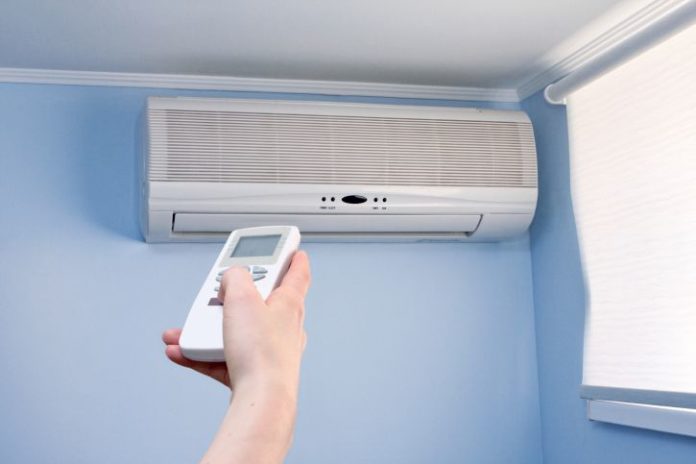Heat-related stress is illness which usually occurs when a person is exposed to a hot-environment which overwhelms their body’s ability to maintain a normal temperature.
The early symptoms of heat-related stress include headaches, dizziness, faintness, nausea and vomiting.
In babies, signs of heat-related stress include restlessness, irritability and a reduced number of wet nappies.
Heat-related stress is a serious medical condition. If not recognised early and managed properly, people can potentially develop life-threatening illness (heat-stroke). Simple measures that can be applied by everyone significantly reduce the chance of becoming seriously unwell with heat-related stress.
What causes heat-related stress?
People adapt to heat by sweating, reducing their level of physical activity, and moving to a cool environment such as an air-conditioned building. If a person is not able to adapt in this way then their body temperature begins to rise and they become unwell.
Heat-related stress can occur in anyone but those most at risk include:
• young children and babies
• the elderly
• pregnant women
• obese individuals
• disabled individuals, particularly those with impaired mobility
• individuals on medications which promote fluid loss or reduce sweating
• individuals who exercise or work outdoors
• people who are not acclimatized to heat (e.g. overseas visitors)
Heat-related stress can occur on normal summer days, but the risk of developing heat-related stress increases dramatically if outdoor temperatures rise above 35 degrees Celsius. Relatively short exposure to extremely hot environments can also cause heat-related stress. These include the interior of a hot car, a tent on a hot day, or periods of direct exposure to the sun.
The risk of developing heat-related stress is highest during a ‘heat-wave’ where temperatures are above average for several sequential days and it remains hot overnight.
How can heat-related stress be prevented?
Individuals must protect themselves from the dangers of heat-related stress during hot summer days and heat-waves. The following measures should be followed to reduce the chance of suffering heat-related stress:
Drink plenty of fluids and avoid dehydration
- Dehydration reduces your body’s ability to cool itself by sweating. Check with your doctor how much you should drink if you are on limited fluids or fluid pills.
- Water is the best fluid to drink.
- Avoid beverages which contain caffeine or alcohol.
Stay in a cool environment
- Stay indoors or in the shade wherever possible.
- Sleep in the coolest part of the house.
- Keep air circulating and use air conditioning if available. If you don’t have air conditioning, consider visiting an air-conditioned facility such as a shopping centre or library.
Reduce physical activity
- Avoid strenuous physical activity.
- If activity is unavoidable, rest often and drink plenty of fluids.
Take extra measures to increase cooling
- Wear light-weight clothing.
- Take a shower, bath or sponge bath.
- Eat regular, light meals.
Be aware of vulnerable people
- Frequently check on older, sick and frail people who may need help coping with the heat.
- Never leave children or pets unattended in a motor vehicle as temperatures can rise very rapidly to dangerous levels.
If a person becomes unresponsive, confused or disoriented in the heat they should receive urgent medical attention.
Source: ACT Health Information










